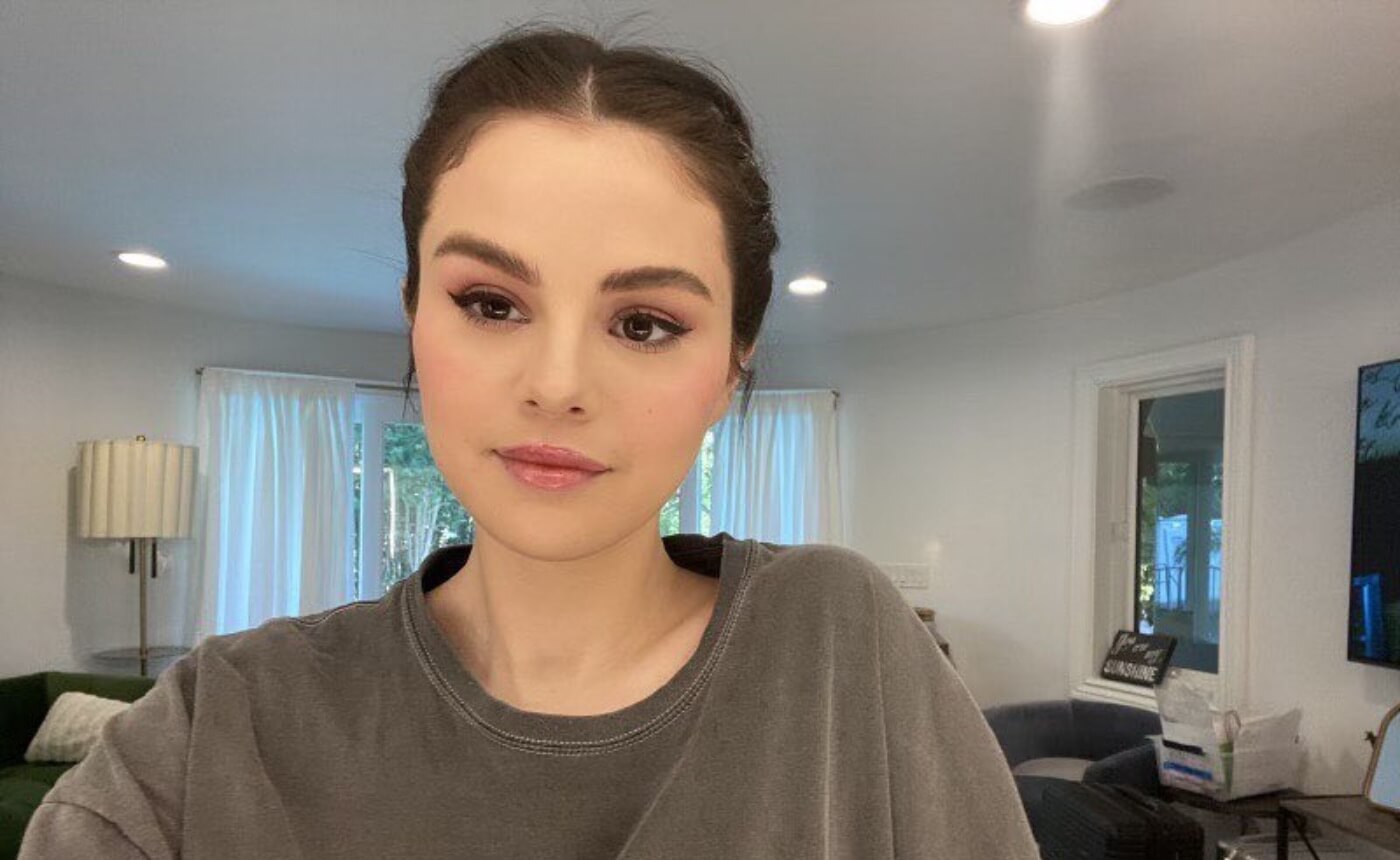These days dozens of celebrities are selling beauty products as if they are mental health boosters, which is problematic, to say the least.
Selena Gomez’s #WeAreRare campaign was supposedly all about promoting self-confidence, for example, along with her Rare Beauty brand launch in September 2020.
The Environmental Working Group gave several Rare Beauty products a healthy rating, “2” out of a scale of 1-5. The brand markets itself as offering an empowering approach to mental health. Yet it’s unclear how this Rare Impact fund will raise $100 million for mental health services. (Rare Beauty staff declined to comment for this article.)
As such, beauty reporter Jessica Defino said Rare Beauty’s marketing feels insincere.
“If Rare Beauty truly wanted to undermine unrealistic expectations of beauty and help people feel beautiful exactly as they are, it would’ve done well to skip the beauty product line and invest its resources into the Rare Impact fund, instead,” Defino said.
So far the brand’s marketing doesn’t seem much different than any other Selena Gomez magazine spread. Most posts using the brand’s hashtags are just aggregated press photos of Gomez. Plus, unlike Rihanna’s LVMH-owned Fenty line, Gomez appears to own this beauty brand as a private company. This may give Gomez more control over the company’s level of transparency, or lack thereof. Defino said she was concerned about the company’s lack of supply chain transparency.
“Supply chain transparency is essential for tracking ingredient safety and sustainability,” Defino said. “There’s also the issue of mica, found in Rare Beauty’s Soft Pinch Blush. Much of the industry’s mica is unsustainably and dangerously sourced using child labor.”
As such, the company’s messaging feels too familiar to DeFino. Rare Beauty is following the same marketing technique of focusing on empowerment and mental health during the pandemic. Culturally, we’ve passed the point where simply talking about mental health earns any A-list celebrity feminist brownie points.
Your future needs you, your past doesn’t. ? A word. A memoir. A #rarereminder by ours truly @selenagomez.
Tag us in your #rarereminder! pic.twitter.com/61S2DvRaNx
— Rare Beauty (@rarebeauty) November 29, 2020
Along these lines, Doreen Bloch, co-founder of both the Makeup Museum and the analytics company Poshly Inc., said Rare Beauty will need to position itself more aggressively in order for the social impact fund to matter.
“Unless you’re going to be extremely transparent about how that money is coming in and how it’s spent, it’s probably not going to be a significant [sales] driver,” Bloch said. “You have about a third of consumers that feel they want brands to support causes from a social perspective, but it’s not the primary driver of purchase.”
Health Concerns Drive Purchases
On the other hand, Poshly Inc. analyzed surveys from thousands of beauty consumers and found some silver linings for Rare Beauty’s nascent brand.
People are making health-driven purchases, albeit, perhaps subconsciously. Bloch said Poshly Inc. surveys showed 12% of Sephora frequent shoppers said they purchased a product from the brand, while 50% of beauty consumers identified as Gomez fans. In short, mental health hashtag campaigns, along with Gomez’s interviews about this topic, are a great start.
. @selenagomez giving a lil’ soft glam ? and wearing all Rare Beauty on on her @hbomax Friendsgiving special out now! #SelenaAndChef pic.twitter.com/XaJ1d3ahgj
— Rare Beauty (@rarebeauty) November 20, 2020
“The liquid blush is a product that has sold really well and is seen as one of the more innovative products from the line,” Bloch said. “Shoppers are cleansing their skin more frequently, so you’re going to have more issues with dry skin and breakouts. You have more people concerned about hydration. They buy more products looking for moisture.”
Since lucrative beauty brands like Rihanna’s Fenty can bring in more than $500 million in annual sales, wide margins allow wiggle room for cosmetics brands like Rare Beauty to invest in unique business strategies. Beauty products generally sell for huge markups, meaning a product might cost $2 to make and sell for more than $20. The question is, will influencers like Gomez take a different approach to mental health and consumerism? It remains to be seen if the pandemic consumer marketplace will merely offer old tropes painted with “empowerment” buzzwords.
For her part, Bloch remains curiously optimistic.
“We’re eager to see what the longevity of the brand looks like and what the product pipeline looks like,” Bloch said. “Rihanna kept that phenomenal momentum with [Fenty] product after product that created social media buzz…for Rare, what’s next?”

